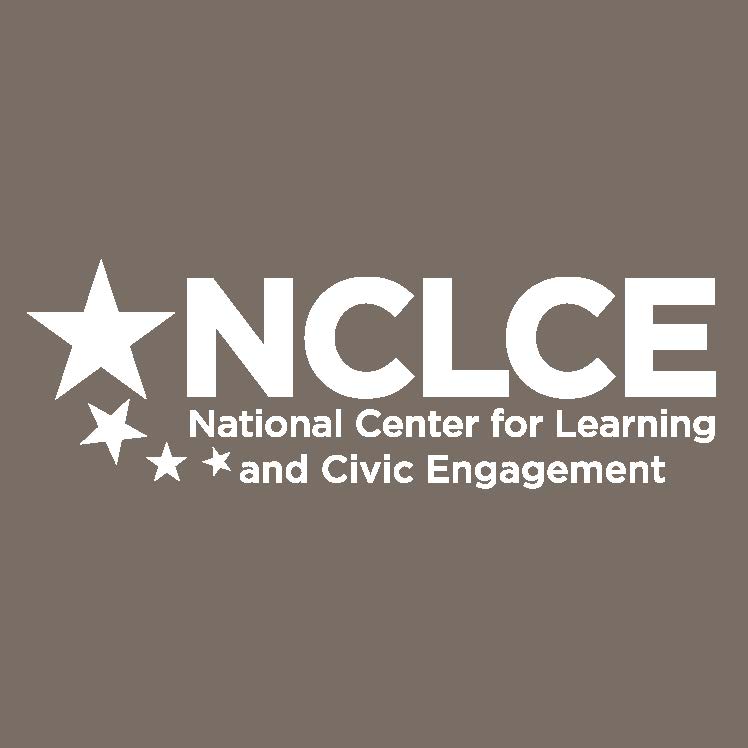The new Civics Education Initiative — requiring high school students to pass a 100-question test on basic history and civic facts to graduate — is creating quite a buzz around the country. The civics test is actually the same test that immigrants must pass in order to become U.S. citizens, and it’s receiving mixed reviews.
Over the last two decades, civic education has been pushed to the back burner in deference to science, reading and math, and the high-stakes tests associated with those subject areas. In the meantime, it has become painfully apparent that students are not learning the civic fundamentals once integral to all students, like how our government works, why it is important to vote, and how this country has evolved to where it is today.
Below is a snapshot of how a handful of states are approaching this civics initiative along with some of the arguments for and against using the test in question as a way to measure civic knowledge and understanding.
States that have passed the Civics Initiative:
- Arizona H.B. 2064: Signed by the governor on Jan. 15, 2015.
- North Dakota H.B. 1087: Signed by the governor on Jan. 30, 2015.
States where bills were defeated:
- Indiana S.B. 0269: Defeated in committee on Feb. 24, 2015.
- Wyoming H.B. 0196: Defeated in committee on March 4, 2015.
- Iowa H.F. 175: Defeated in committee on Feb. 17, 2015.
- South Dakota S.B. 164: Withdrawn at the request of prime sponsor.
States with bills in committee:
- Utah S.B. 0060: Referred to Senate Education Committee on Feb. 24, 2105.
- Tennessee H.B. 0010: Referred to House Education Committee on March 4, 2015.
- Texas H.B. 1139: Referred to House Education Committee on March 2, 2015.
- South Carolina H.B. 3539: Referred to House Education Committee on Feb. 25, 2015.
- Alabama S.B. 161: Referred to Senate Education Committee on March 5, 2015.
- Oregon H.B. 2977: Referred to House Education Committee on March 11, 2015.
- Michigan H.B. 4136: Referred to House Education Committee on March 4, 2015.
- Hawaii H.B. 1122: Referred to House Education Committee on Feb. 2, 2015.
- Idaho S.B. 1071: Referred to Senate Education Committee on March 10, 2015.
- Maryland H.B. 1200 and S.B. 806: Referred to House Rules and Executive Nominations Committee Feb. 25, 2015.
- Minnesota H.F. 1497: Referred to House Education Innovation Policy Committee on March 10, 2015; S.F. 1674: Referred to Senate Education Committee on 3/12/15
Proponents of the civics test see it as a step in the right direction, and a starting point for addressing students’ abysmal lack of fundamental civic knowledge. Point
Those opposed to the initiative contend that the test is perfunctory at best, the answers are easily memorized, and that a test of this kind will do little to develop students’ sense of civic responsibility or desire to be more civically engaged. Counterpoint
Tennessee is just one of a handful of states considering making the civics test a requirement for high school graduation. According to House Majority Leader Gerald McCormick, “A public high school shall provide each student with the opportunity to take the test as many times as necessary for the student to pass the test. A student shall not receive a regular high school diploma until the student passes the test.”
Many believe that students are already over-tested as it is, and that adding yet another assessment is counterproductive. McCormick later added, “I think it’s very important” and “worth the extra effort.”
Many opposed to this initiative feel that requiring students to pass this test to graduate may give states the rationale they’ve been seeking to justify scaling back on robust civics courses. The bottom line: it’s a contentious issue. One thing that most individuals seem to agree on is that students really do need to have a basic understanding of how government works and how America has evolved through the ages, and that we can do better. It will be interesting to see how this initiative fares over the next several months, but one thing is certain, people are paying attention.
Lisa Guilfoile is a state relations associate for the Education Commission of the States. Contact her at lguilfoile@ecs.org.




